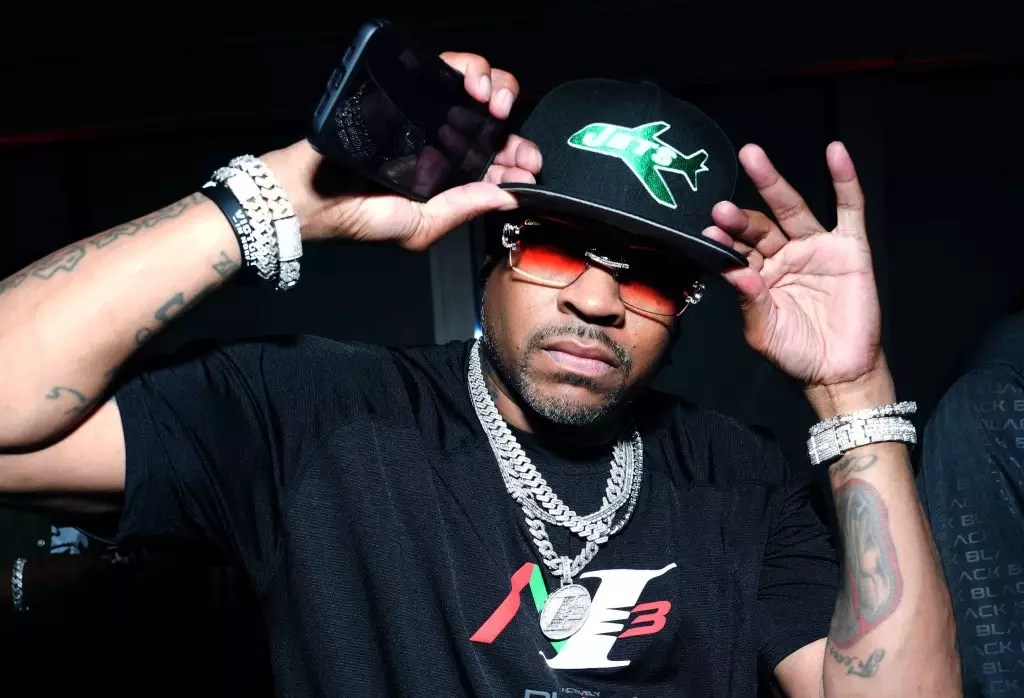Allen Iverson’s story is often celebrated as one of raw talent and unapologetic authenticity. However, beneath the surface lies a complex narrative that challenges the traditional notions of heroism in sports and culture. While critics laud his influence in breaking down racial and stylistic boundaries, it’s essential to recognize that Iverson’s legacy is not without its contradictions and controversies. His fearless expression, often celebrated as revolutionary, sometimes veered into defiance that questioned discipline, sportsmanship, and the collective values of professionalism.
The Myth of Authenticity: A Deliberate Construction
The upcoming docuseries, as described, aims to showcase Iverson as a trailblazer who dared to be different. Yet, this narrative can sometimes mask the nuanced reality—that his authenticity was as much a carefully crafted persona as it was a genuine expression. Iverson’s image—tattoos, braids, baggy clothes—became symbols not solely of cultural resistance but also of an outsider’s rebellion against institutional norms. While this defiance resonated with many marginalized communities, it also perpetuated stereotypes that sometimes alienated broader audiences and sports establishments.
From Hero to Allegory: The Risks of Glorification
Celebrating Iverson’s cultural impact must be tempered with a critical perspective on the risks of hero-worship. By lionizing his “uncompromising truth” and resilience, there’s a danger of oversimplifying the broader implications. Does his rebellious attitude promote positive change, or does it border on glorifying disobedience? His frequent conflicts with coaches and league rules suggest that sometimes, his pursuit of authenticity was at odds with the discipline expected in professional sports. These aren’t behaviors that should be idealized without context—they represent the complicated dynamics of individual expression versus institutional responsibility.
The Cultural Shift: Progress or Polarization?
Iverson’s influence is undeniable in fostering a more inclusive and diverse NBA culture. His bravado opened doors for future generations of players to express their identities boldly. However, this shift isn’t solely positive; it also contributed to a polarization where authenticity became conflated with defiance, sometimes leading to a culture of entitlement or confrontation. It’s vital to reflect on whether this evolution has fostered genuine progress or merely shifted the parameters of acceptable rebellion within a sports context.
Looking Beyond the Surface
Ultimately, Iverson’s story as portrayed in this upcoming series is another chapter in the ongoing debate about what it means to be genuine and rebellious in today’s society. The narrative of resilience and sacrifice should be critically examined—are they purely heroic qualities, or do they sometimes serve as justifications for behavior that challenges the very ideals we cherish in sports and culture? Iverson’s legacy, like many icons, is multi-faceted, demanding a nuanced understanding that recognizes both his immense contributions and the problematic facets that accompany his influence.

